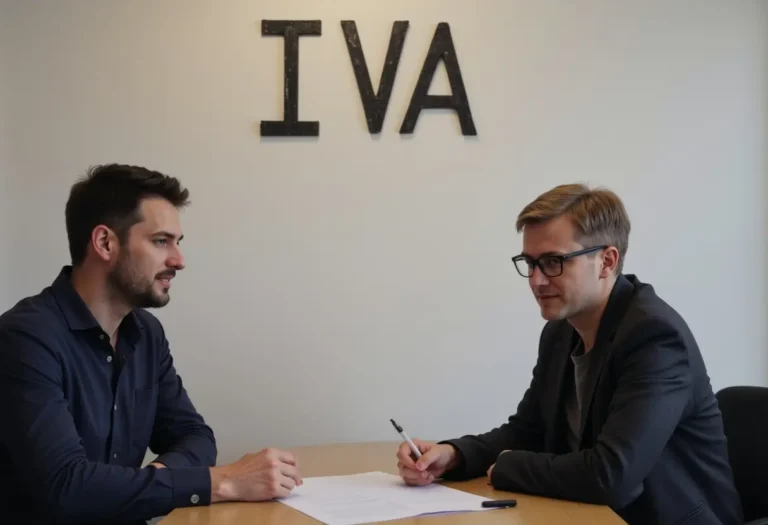Call free today

If you’re struggling to keep up with your financial commitments, seeking debt help through an Individual Voluntary Arrangement (IVA) could be a lifeline. An IVA is a legally binding agreement between you and your creditors, allowing you to repay your debts over a set period typically five to six years. But which debts can be included in an IVA, and which cannot? This comprehensive guide will help you understand your options and make informed decisions on your journey toward financial freedom.
Most unsecured debts can be included in an IVA, making it a flexible solution for many people seeking debt help. Here are the most common types:
While IVAs are a powerful form of debt help, some debts are excluded. These are typically “priority debts” or those secured against assets:
An IVA offers several advantages for those seeking debt help:
Understanding which debts can be included in an IVA is crucial when considering your debt help options. Most unsecured debts qualify, but some important exceptions apply. Always seek professional advice from a licensed insolvency practitioner or a reputable debt advice charity before committing to an IVA. Taking the right steps now can put you firmly on the path to a debt-free future.
If you’re ready to take control of your finances, reach out for debt help today your fresh start could be just around the corner.
An Individual Voluntary Arrangement (IVA) is a formal agreement with creditors to repay a portion of your debts over time, but it does have an impact on your credit score and it will be difficult to obtain further credit whilst on an IVA. Once an IVA is approved, it is recorded on your credit report and will typically remain there for six years from the date it starts.
However, it’s important to note this is the case for most debt solutions and your credit score will likely already have been affected by being in debt in the first place.
Once your IVA is complete you will get a fresh start to begin rebuilding your credit rating.
IVA costs are charged for the preparation of your proposal and the administration of the arrangement for the full term (usually 5 years) these costs are charged from the monthly contributions you make into the IVA and are not in addition. Costs will only be recovered on approval of your arrangement and once you commence making payments to it. The fees for preparation of the proposal to creditors and calling the meeting for creditors to vote on its approval are called nominees fees, the fees for running the arrangement once approved are called supervisors fees. There are also some expenses incurred in the running of the arrangement such as the registration fee and the statutory insurance that needs to be taken by law, these are called disbursements. For our arrangements, the total of all of these is £3,650 although this may be adjusted by creditors when they vote on whether to accept. No matter what the end total of costs come to, you can be rest assured that these will be taken from the monthly payment we agree with you.